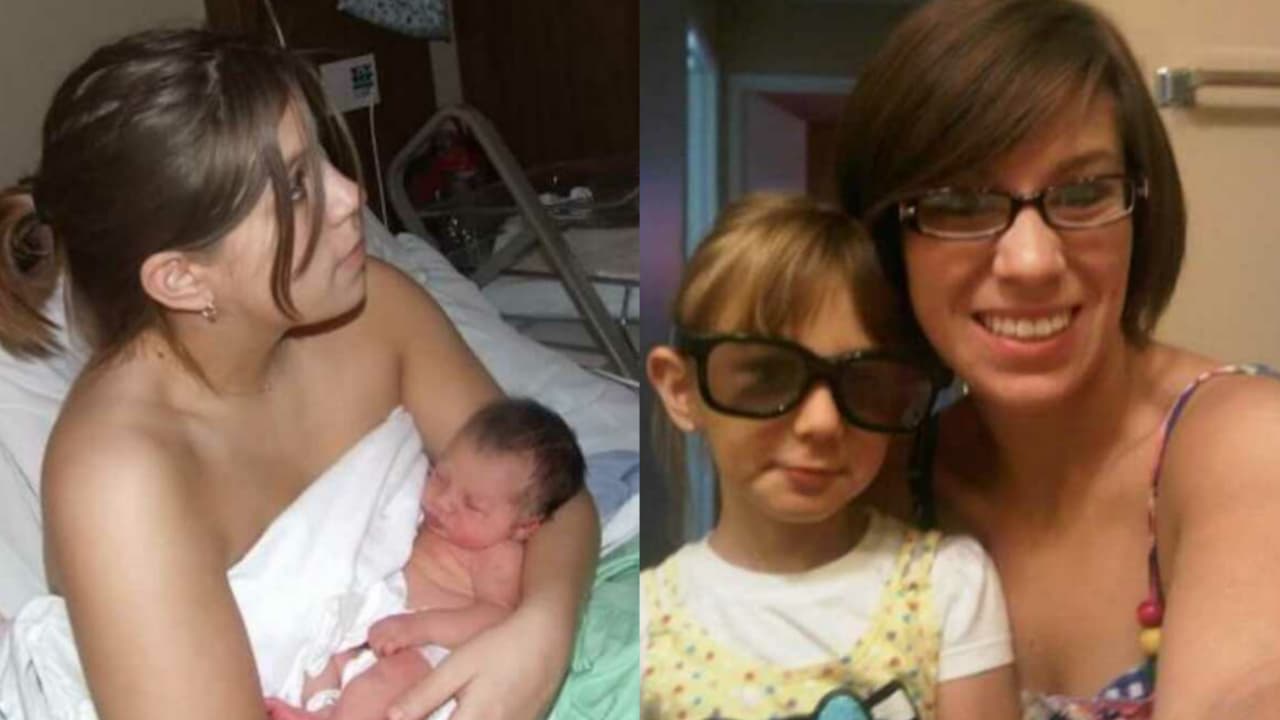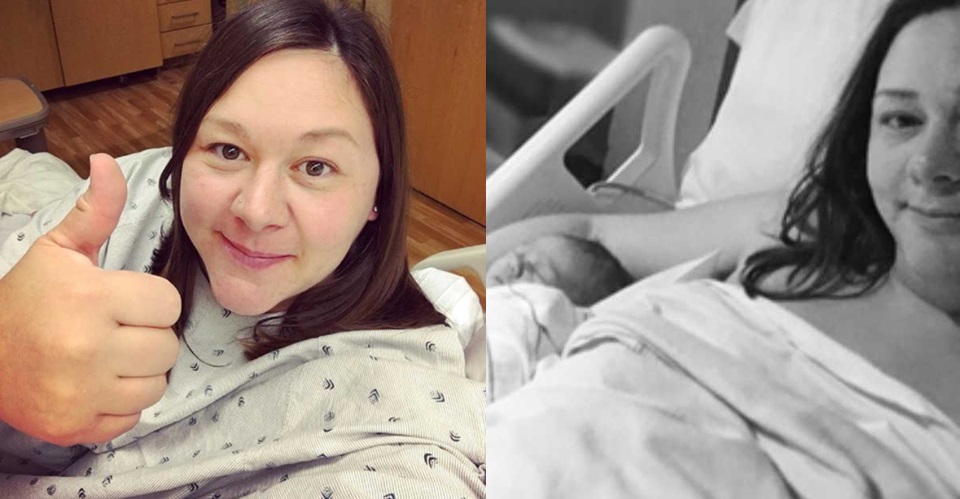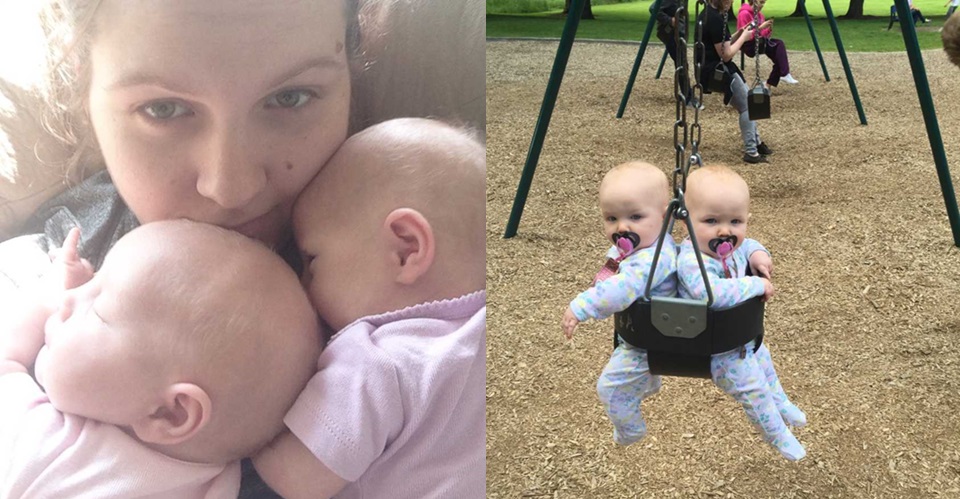When I was 17, I went for school one morning with nothing more than a hot dog for breakfast. My friend, who picked me up, asked why I was eating that so early. I told her that lately, if I didn’t eat in the mornings, I would feel sick. She laughed and teased, “I hope you aren’t pregnant.” We both brushed it off. Later that same day, I found myself in the school washroom, staring down at a pregnancy test that would change my life. It was positive.
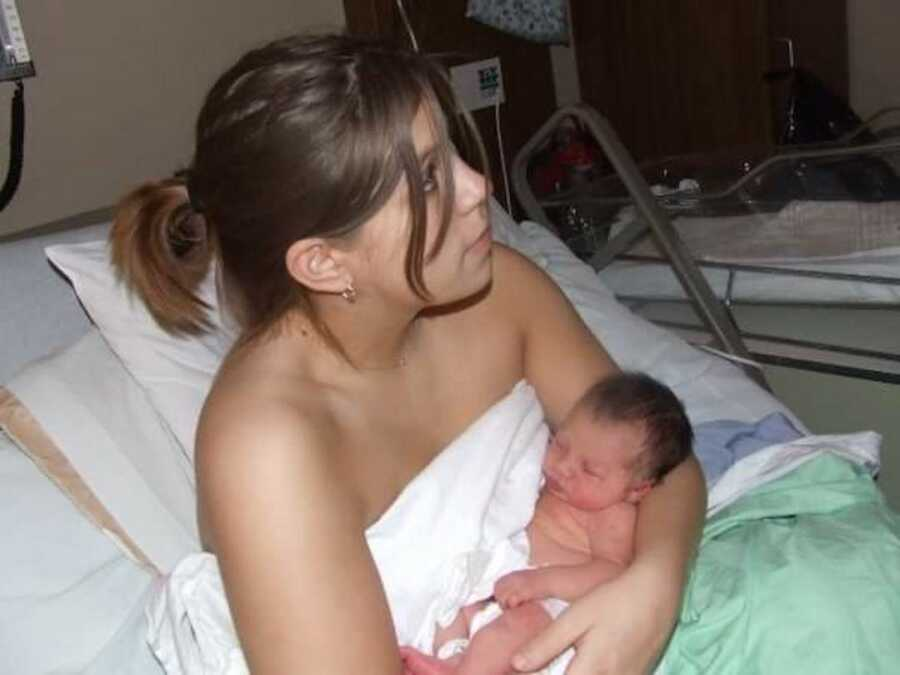
On January 5, 2008, my daughter Tanner was born in the Grande Prairie hospital. I had just turned 18, and suddenly, I was a mother. I didn’t know what the future assumed, so I told myself to take it one day at a time. That mindset carried us through many moves, from our small hometown to Edmonton, and later settling in Spruce Grove. Eventually, Tanner’s little sister joined our family, and for a while, life felt stable and good.
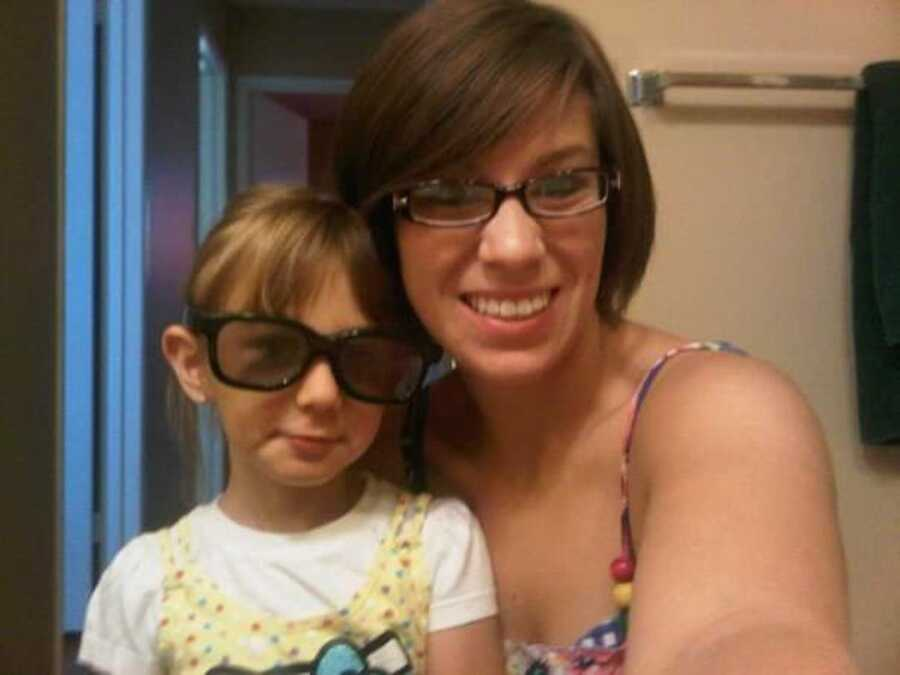
Tanner grew quickly, always ahead of her milestones. She walked, talked, and teethed early, and she always seemed to be grow bigger than the growth charts. She loved Hello Kitty and Mickey Mouse Clubhouse, her favorite color was blue, and she dreamed of being an “astronaut farmer” on the moon. She loved to read, study, and tell us details she discovered. She had a curious mind and a bright spirit.

Then small changes began to seem. It started with a soft sound in her throat, a click, a hum, a swallow. At first, it was indirect, something only her dad, her grandpa, and I observed. Her doctor said it wasn’t serious, just her brain burning off extra energy, and optional she might grow out of it. For a long time, she did.
When she started at a small private school, Tanner bloom. She made friends, loved her teachers, and thrived in her studies. The little noises faded, almost vanishing completely. But by the time she was 10, a teacher asked us about them again. We realized the tics hadn’t gone away. They were small, but still there.
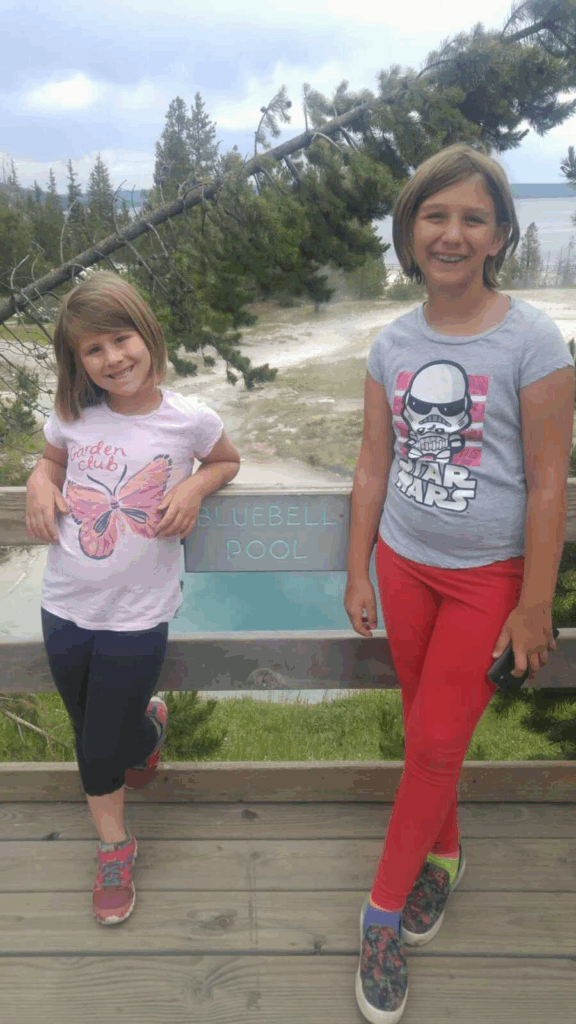
In 2019, she transitioned into public school at age 12. At first, everything seemed fine. Then the stress of higher hopes, new classmates, bullying, and the illness began to weigh on her. By the fall of 2020, she struggled with anxiety, sleepless nights, and emotional upsurges. We arranged for her to see a therapist who had a therapy dog, and she finally felt hopeful again.
But then everything changed. One Sunday, while out driving with her dad and sister, their car hit black ice and crashed into the median. Everyone walked away with only minor soreness or so we thought. The next day, Tanner woke up with tics that were completely different from before. They weren’t just little throat sounds anymore. She whistled, stuttered, clicked her tongue, flared her nostrils, jerked her head, popped her lips, and flailed her arms. They were constant and painful.

At the hospital, doctors ruled out infections and other causes. They told us her body had reached a breaking point. The stress of school, bullying, the pandemic, and the accident had triggered a severe response. She was referred to a specialist in children with neurological disorders. The doctor explained that her tics were tied to stress and emotions. Medication might ease her anxiety but wouldn’t stop the tics. Therapy, sleep routines, and coping tools were encouraged instead.
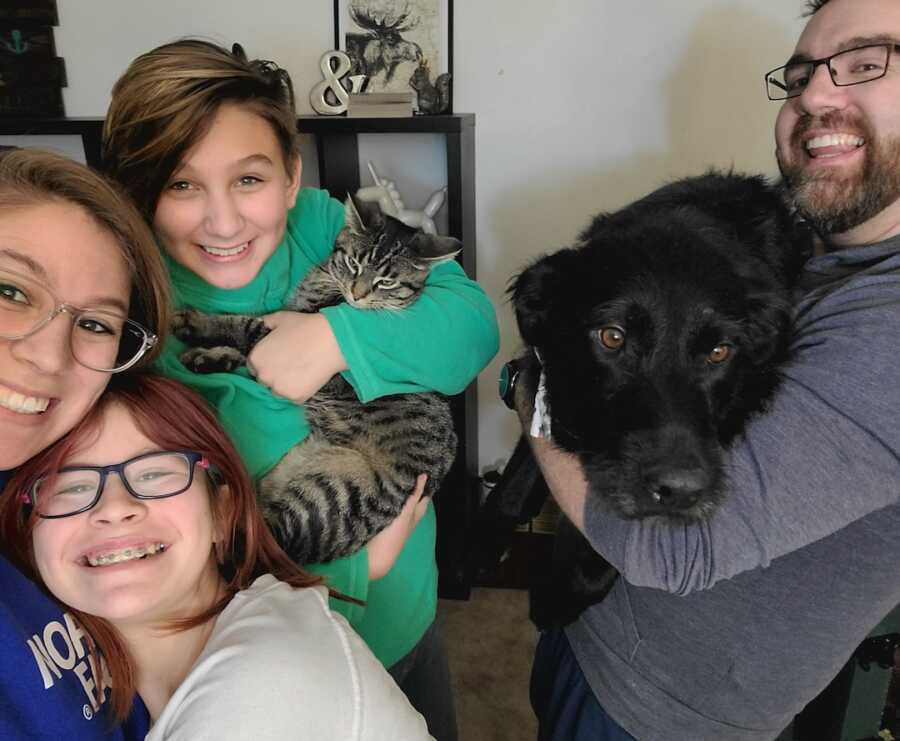
The months that followed were hard. Tanner tried to suppress her tics, only for them to burst out stronger, like a shaken soda can ready to explode. She was exhausted from the physical strain and embarrassed when kids mocked her by copying noises to trigger her. Teachers sometimes mistook her tics for distractions. We had many tearful nights, “mental health mornings,” and adjustments at school to make her days easier.

After a year, Tanner was finally given a formal diagnosis of Tourette Syndrome. The doctor delivering the news was blunt, dismissive even, which broke Tanner’s heart. She had worked so hard to cope, only to feel belittled. That day, I promised I’d never let anyone minimize her journey again.

The diagnosis was hard for her to accept. She grieved the “normal” she once had. She told me that being normal seems boring until you’re not. Then it’s all you want. As her mom, I had to accept that this was something I couldn’t fix. Instead, I dove into research, determined to understand. At one point, I felt guilty because I had OCD and read that genetics could play a role. I broke down and apologized to Tanner, but she assured me it wasn’t my fault.
Since then, she has grown stronger. Tanner is more than her Tourette’s. She’s an artist, a musician, a comedian, and even learning two languages on her own. She volunteers at a local center and talks openly with others about her condition. She’s become her own advocate, correcting misconceptions and showing people that Tourette’s isn’t a punchline.
She has taught me, and everyone around her, that her diagnosis doesn’t define her. Tanner is determined, bright, and kind. Yes, she has Tourette Syndrome. But she is also a daughter, a sister, a friend, and a young woman with dreams and talents that go far beyond her condition.
There are many kids like Tanner, each with their own story, each unique. And to me, she is perfect just the way she is. She’s my daughter. She’s my favorite.
